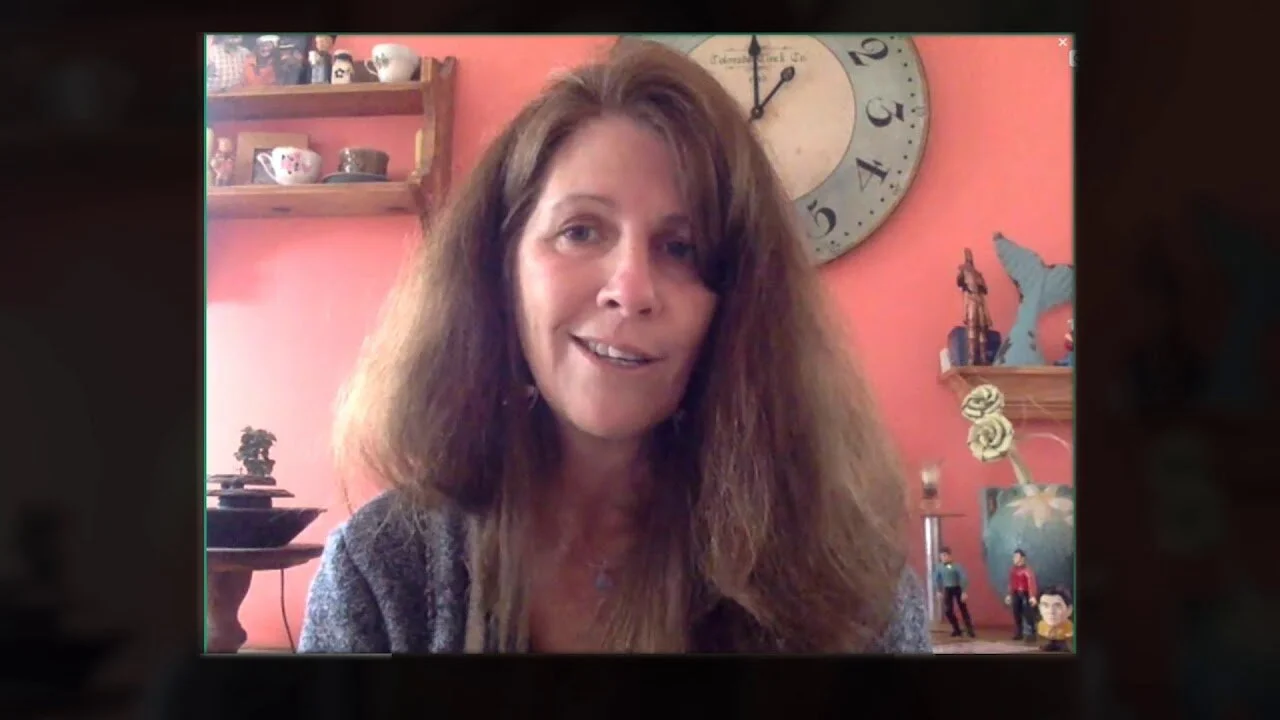The Metro Boston CIT TTAC is committed to sharing community resources specific for First Responders throughout this emergency. We want to thank you for your endless dedication and sacrifices as you continue to respond to community needs. As we navigate through this public health crisis together, we want to encourage each of you to focus on your own resilience. Simple activities such as the breathing technique pictured right and re-focused thinking can make a big difference. We encourage you to explore additional resources below.
Building Resilience
Resilience, the capacity to adapt and manage through challenge, is making sure your recharge your battery. Each day take a moment to intentionally check your mindset and care for yourself. This in turn will positively impact not only your own health but that of your family, your fellow officers and the community you serve. Below is a link to a free webinar produced by Lexipol.
The Mindful Badge Initiative, has also made weekly drop in meditation sessions designed specifically for First Responders, Veterans and their Spouse/partners available for free on Zoom. They also incorporate brief micro training on resilience. Register here today and be sure to explore additional resources provided by them here.
Additional simple strategies that can help build resilience during these times include worrying effectively, engaging in self-care activities, and reflecting on what’s important now. Hover over each box to learn how.
Courage Means
Recognizing that all these steps are hard to do.
Think about what you know is right for you!
Family Resources
This free Activity book created by the Wellness Society is a great family friend tool that everyone can do together.
We’re in this together. During these unprecedented times, it’s important to pay special attention to the needs and stressors of ourselves as well as our loved ones. The Mass General Clay Center for Healthy Young Minds has created a brief 2 minute video of practical communication strategies to use when talking to young children about COVID-19.
Important takeaways include: recognizing and validating young people’s underlying concerns about safety and daily life, acknowledging our own anxieties and self-care needs, discussing information in calm and age-appropriate ways, modeling coping skills and effective hygiene practices, reducing stigma and blame, and finally staying connected with friends and family.
Brene Brown, distinguished Social Worker, researcher and author has also started a free podcast and is sharing her wisdom on courage and the importance of vulnerability. Through the hard work of various organizations and leaders the following additional helpful resources are also available and family friendly at no cost to you: Guided Meditation for Children, Parenting in a Pandemic Podcast (be sure to check out the additional links on the page and other podcasts), Free Guided Meditations, How to build a Psychological First Aid Kit, and A Care Package for Uncertain Times.
Thank You to: UCLA Mindful Awareness Research Center, the American Mountain Guides Association, and renowed mindfulness leaders Annaka Harris, Susan Kaiser Greenland, and Krista Tippett and her team On Being.
Managing Relationships
Maintaining healthy relationships during this time can be challenging. Due to safety precautions, we’re unable to engage in many of the outdoor activities we previously enjoyed together. Being stuck inside the house and having to juggle work, spouses, childcare, and online schooling is stressful. Below is a helpful podcast that addresses these unique pressures and how we can redefine ourselves and our relationships during this stressful time.
“It’s easy to judge. It’s more difficult to understand. Understanding requires compassion, patience, and a willingness to believe that good hearts sometimes choose poor methods. Through judging, we separate. Through understanding, we grow.”
Addressing the Community
As First Responders, you will continue to receive calls for service. Additionally, the community will look to you for updates and impacts to local public resources. The Mass Chief’s of Police sent out a great example, we encourage you to adapt that and include law enforcement specific information such as how your community and court are addressing emergency orders such as RO’s and Section 35 as well as any in house resources or partnerships to support mental health. Proactively writing a letter simply informing the community that safety precautions are being taken is important. Furthermore, providing a few resources that can be accessed electronically is also beneficial. Below is a sample letter and video update created by the Somerville Police Department.
If you have any questions or would like to discuss how to best address your community, do not hesitate to contact us. If you are a community member looking for resources, please visit our resources page or click here.









